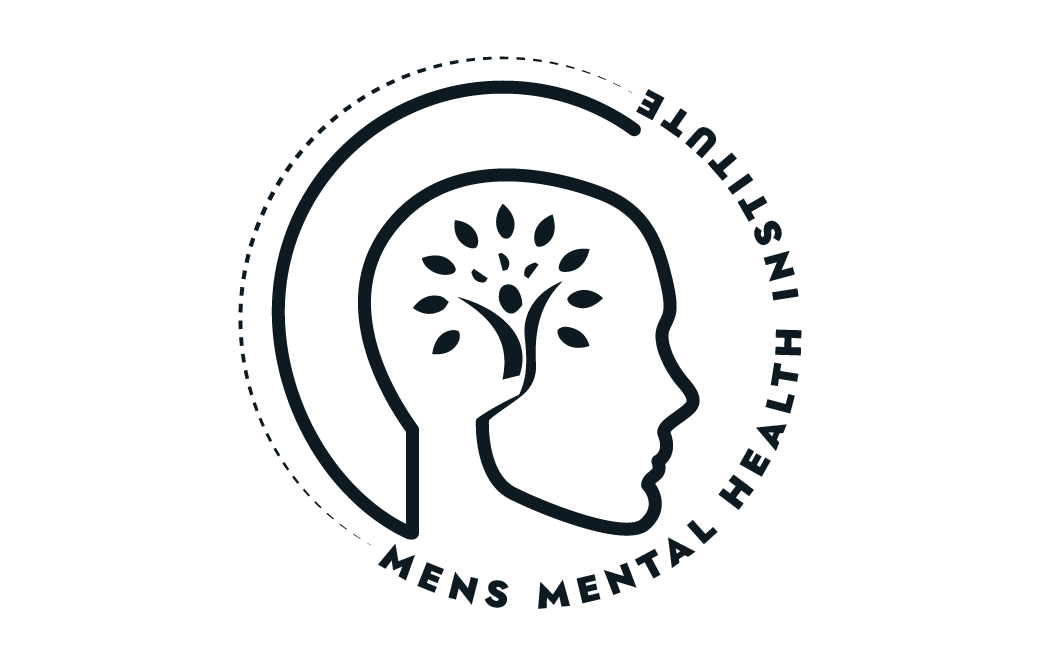What’s Behind That Constant Anger
If you’re asking yourself, “Why am I always angry?” you’re touching on a deeply human and complex emotional experience. Anger, especially persistent anger, isn’t just a mood. It’s often a signal from your brain and body trying to protect you from perceived threats or unmet needs.
From an evolutionary psychology standpoint, anger evolved as a survival mechanism. It mobilizes your body to confront danger, enforce boundaries, or fight injustice. For men, whose roles historically included protector and provider, anger can arise when these roles feel threatened, whether by external events, personal failure, or relationship struggles.
Neuroscience tells us that anger triggers the amygdala, the brain’s threat detection center, which floods your system with adrenaline and cortisol to prepare for action. But when this response gets stuck on, the stress hormones build up, impairing your ability to regulate emotions. The prefrontal cortex, responsible for impulse control and thoughtful decision-making, struggles to keep up. This can create a cycle of reactive anger that feels out of control.
Social psychology shows that many men are socialized to suppress vulnerability and sadness, emotions often beneath anger. Society may reward toughness and punish emotional openness, so anger becomes a more acceptable outlet. This masks deeper feelings of hurt, fear, or helplessness.
Unfortunately, the mental health system often mislabels persistent anger as simply anger management problems or personality disorders, without addressing underlying trauma, stress, or relational pain. Medications and generic talk therapies may not get to the core cause, leaving men stuck.
Therapeutic Strategies That Actually Help
- Dialectical Behavior Therapy (DBT): Offers skills to recognize, tolerate, and regulate intense emotions, including anger, while reducing impulsive reactions.
- Cognitive Behavioral Therapy (CBT): Helps identify and change thought patterns that escalate anger, such as catastrophizing or blaming.
- Somatic Therapies: Work with the body’s stored tension and trauma that fuel chronic anger, helping release pent-up energy safely.
- Emotionally Focused Therapy (EFT): Enables you to explore underlying vulnerable emotions (fear, shame, hurt) that anger often covers up.
- Mindfulness Practices: Build awareness of early signs of anger, allowing you to pause and respond rather than react.
What You Can Gain When You Understand and Process Your Anger
When you learn to work with your anger instead of against it, life shifts:
- You gain control over your reactions instead of feeling like anger controls you.
- Relationships improve as you communicate honestly and without aggression.
- You uncover the vulnerable feelings underneath anger, opening the door to deeper healing.
- Stress decreases, improving your overall mental and physical health.
- Your self-respect grows because you’re managing emotions maturely rather than bottling or exploding.
- You build resilience to face life’s challenges with clarity and calm strength.
Anger isn’t the enemy. It’s a signal. Learning what it’s trying to tell you, and responding with skill and empathy for yourself, can be the key to lasting peace and connection.








